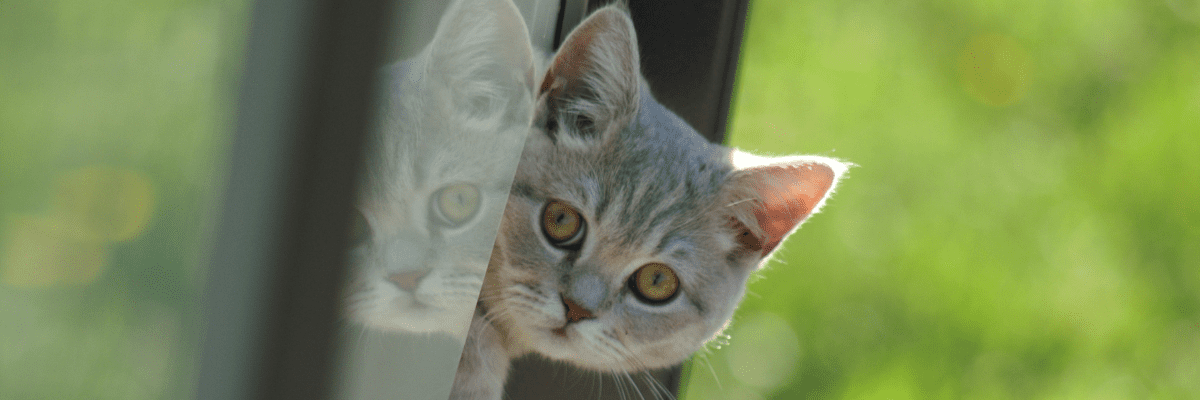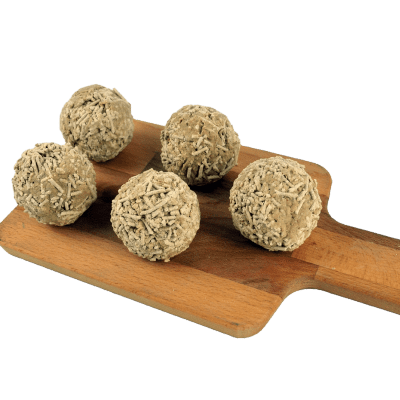Introduction: Cats are beloved companions for millions of people around the world, but along with their charm and playful antics comes the responsibility of providing proper care, including managing their litter boxes.
Traditional clay-based cat litters have long been the norm, but concerns over environmental impact, health hazards, and sustainability have led to the rise of alternative options, notably plant-based cat litters.
In this comprehensive guide, we’ll delve into the world of plant-based cat litter, exploring its benefits, types, and why it might be the ideal choice for both your feline friend and the planet.

Understanding Plant-Based Cat Litter:
- What is Plant-Based Cat Litter?
- Plant-based cat litter is made from natural, biodegradable materials such as corn, wheat, pine, bamboo, and recycled paper. These materials are processed into granules or pellets that mimic the texture of traditional clay litter but offer several advantages.
- Types of Plant-Based Cat Litter: a. Corn-based litter: Made from corn kernels or corn by-products, this litter is highly absorbent and forms clumps for easy scooping. b. Wheat-based litter: Similar to corn-based litter, wheat-based litter clumps well and is excellent at odor control. c. Pine litter: Made from processed pine wood, this litter has a natural pine scent and effectively neutralizes odors. d. Bamboo litter: Bamboo litter is lightweight, highly absorbent, and forms tight clumps, making it easy to clean. e. Recycled paper litter: Made from recycled paper products, this litter is dust-free and gentle on sensitive paws.

Benefits of Plant-Based Cat Litter:
- Eco-Friendly:
- Unlike traditional clay litter, which is often strip-mined and non-renewable, plant-based litters are made from renewable resources. They decompose naturally, reducing landfill waste and environmental impact.
- Biodegradable:
- Plant-based litters break down easily, reducing the strain on landfills and minimizing pollution. They can often be composted, further contributing to sustainability efforts.
- Low Dust:
- Many plant-based litters produce less dust than clay litter, promoting better respiratory health for both cats and their owners.
- Safe for Pets and Humans:
- Plant-based litters are typically free from harmful chemicals and additives, making them safer for cats and reducing the risk of allergic reactions in humans.
- Effective Odor Control:
- Despite being natural, plant-based litters are highly effective at controlling odors, keeping your home smelling fresh and clean.

Choosing the Right Plant-Based Cat Litter:
- Consider Your Cat’s Preferences:
- Cats can be particular about their litter, so consider your cat’s preferences regarding texture, scent, and clumping ability when choosing a plant-based litter.
- Test Different Varieties:
- Experiment with different types of plant-based litters to find the one that works best for your cat and your lifestyle. Some cats may prefer one material over another, so it’s essential to keep an open mind and try various options.
- Read Reviews:
- Before purchasing a plant-based litter, read reviews from other cat owners to gauge its effectiveness, clumping ability, odor control, and dust levels.

Tips for Transitioning to Plant-Based Cat Litter:
- Gradual Transition:
- Introduce the new litter gradually by mixing it with your cat’s current litter over several days or weeks. This gradual transition will help your cat adjust to the new texture and scent.
- Positive Reinforcement:
- Encourage your cat to use the new litter by offering treats and praise when they use the litter box successfully. Positive reinforcement can help reinforce the behavior and make the transition smoother.
- Be Patient:
- Transitioning to a new litter may take time, so be patient and allow your cat to adjust at their own pace. Avoid scolding or punishing your cat for accidents during the transition period.

Maintaining Plant-Based Cat Litter:
- Regular Scooping:
- Scoop the litter box at least once a day to remove soiled litter and clumps. This will help keep the litter box clean and reduce odors.
- Complete Replacement:
- Completely replace the litter once a month or as needed, depending on the number of cats in your household and their litter box habits.
- Proper Disposal:
- Dispose of used plant-based litter responsibly by composting it or disposing of it in a designated green waste bin. Avoid flushing litter down the toilet, as it can cause plumbing issues and environmental harm.

Conclusion:
Plant-based cat litter offers a sustainable, eco-friendly alternative to traditional clay litter, with benefits ranging from reduced environmental impact to improved pet and human health.
By understanding the various types of plant-based litter, choosing the right option for your cat, and following proper maintenance techniques, you can provide your feline companion with a safe and comfortable litter box experience while doing your part to protect the planet. Make the switch to plant-based cat litter today and join the movement towards a greener, more sustainable future for pets and their owners alike.





